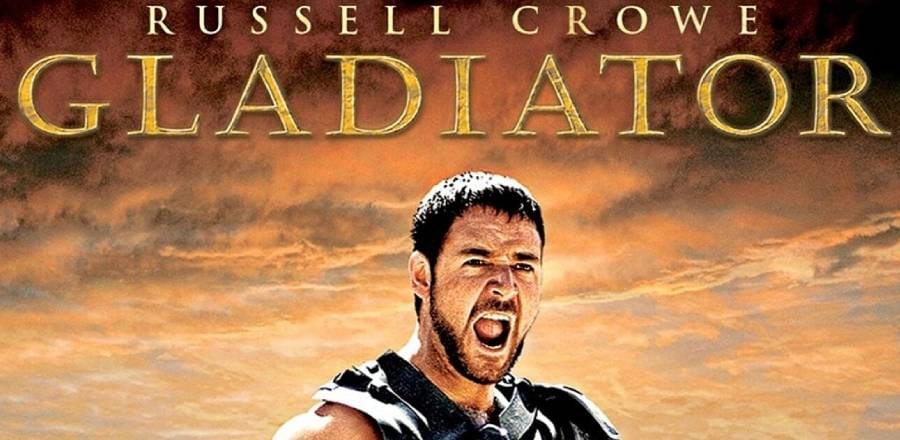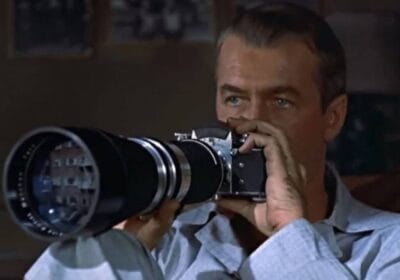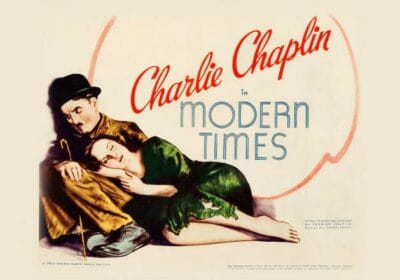Gladiator is an epic historical drama film released in 2000, directed by Ridley Scott and starring Russell Crowe, Joaquin Phoenix, and Connie Nielsen. The film tells the story of Maximus Decimus Meridius, a Roman general who becomes a gladiator after being betrayed and sent into slavery by the new emperor, Commodus. The movie was a commercial and critical success, winning five Academy Awards, including Best Picture and Best Actor for Russell Crowe. It remains a beloved and influential film in the action and historical drama genres.
Table of Contents
Themes
Gladiator explores several themes, including power, revenge, honor, and the corrupting influence of absolute power. One of the main themes of the movie is the corrupting influence of power, as seen in the character of Commodus, who becomes increasingly tyrannical and unhinged as he gains more power. Maximus, on the other hand, embodies the values of honor and integrity, and the film explores the tension between these two ideals.
Another significant theme in Gladiator is revenge. After being betrayed by Commodus and his family, Maximus seeks revenge by fighting in the gladiator arena, and eventually challenging Commodus to a duel. The film also explores the idea of destiny, as Maximus is guided by his desire for revenge, but also by a sense of duty and destiny to restore Rome to its former glory.
Characters
Gladiator features several memorable characters, each with their own motivations and conflicts. Russell Crowe’s portrayal of Maximus Decimus Meridius is one of the most iconic performances in modern cinema, and his stoic determination and physical prowess make him a formidable protagonist. Joaquin Phoenix’s portrayal of Commodus is equally memorable, as he brings a sense of vulnerability and instability to the character.
Connie Nielsen’s portrayal of Lucilla, Commodus’s sister, adds a layer of complexity to the story, as she is torn between loyalty to her brother and her feelings for Maximus. The supporting cast, including Oliver Reed as Proximo, Djimon Hounsou as Juba, and Richard Harris as Marcus Aurelius, all deliver strong performances that help to flesh out the world of the movie.
Legacy
Gladiator has had a lasting impact on the action and historical drama genres. Its success helped to revive the sword-and-sandal epic subgenre and paved the way for other historical dramas like Troy (2004) and 300 (2006). The film’s influence can also be seen in television shows like Game of Thrones, which share its focus on political intrigue, power struggles, and epic battles.
Gladiator’s soundtrack, composed by Hans Zimmer and Lisa Gerrard, has also become iconic, with its haunting vocals and epic orchestral score. The film’s visual effects, which blend practical and digital effects seamlessly, have also stood the test of time, and the movie continues to be a benchmark for epic filmmaking.
Conclusion
In conclusion, Gladiator is a modern classic of the action and historical drama genres. Its exploration of themes like power, revenge, and honor, and its memorable characters and iconic score, have made it a beloved and influential film. Despite its historical setting, the film’s themes and characters remain relevant to contemporary audiences, and its legacy can be seen in the many films and TV shows that have followed in its footsteps.





